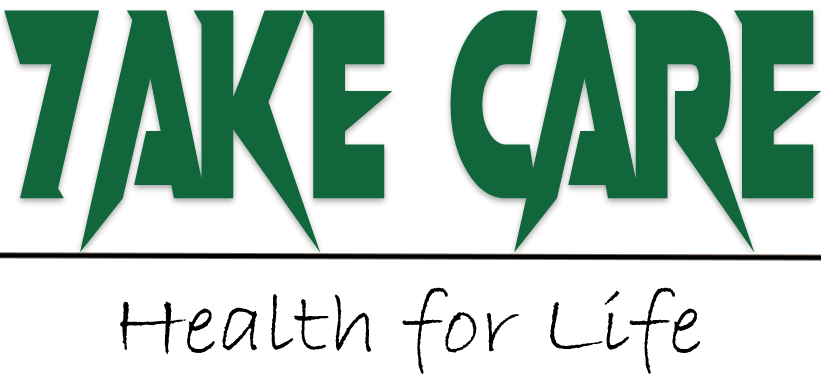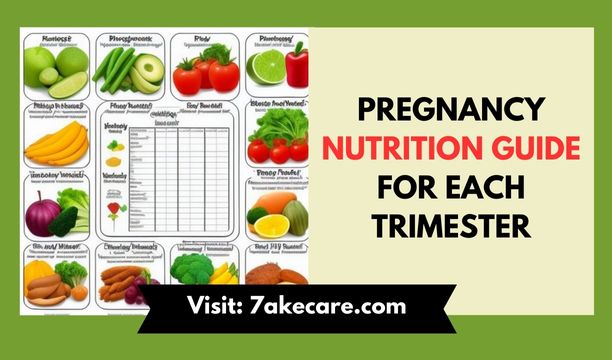Last updated on March 5th, 2024 at 07:01 pm
Table of Contents
TogglePregnancy is a remarkable journey filled with changes, excitement, and anticipation. One crucial aspect of this journey is ensuring that you’re providing your growing baby with the best possible nutrition. Throughout the three trimesters of pregnancy, your body’s nutritional needs evolve, and understanding these changes is vital for a healthy pregnancy. In this comprehensive guide, we’ll walk you through each trimester and provide a detailed pregnancy nutrition plan, including specific foods that are rich in the nutrients you need.
First Trimester Nutrition: Building the Foundation

The first trimester is a critical period for fetal development, as your baby’s major organs and systems begin to form. Proper nutrition during this phase is essential to ensure your baby’s healthy growth and development.
1. Folate-Rich Foods:
- Leafy greens (spinach, kale)
- Fortified cereals
- Legumes (lentils, chickpeas)
- Avocado
Folate helps prevent neural tube defects in your baby and is crucial during the early weeks of pregnancy.
2. Iron Sources:
- Lean red meat
- Poultry (chicken, turkey)
- Beans and lentils
- Whole grains (oats, quinoa)
Iron supports the increased blood volume needed for you and your baby and prevents anemia.
3. Calcium-Rich Foods:
- Dairy products (milk, yogurt)
- Fortified plant-based milk
- Leafy greens (collard greens, bok choy)
- Tofu
Calcium ensures the development of your baby’s bones and teeth.
Second Trimester Nutrition: Growth and Energy

The second trimester is often considered the “honeymoon phase” of pregnancy, with many women experiencing increased energy and decreased morning sickness. Focus on nourishing your body and your growing baby.
1. Protein Sources:
- Lean meats (chicken, turkey)
- Eggs
- Greek yogurt
- Nuts and seeds
Protein aids in the development of your baby’s muscles, organs, and tissues.
2. Omega-3 Fatty Acids:
- Fatty fish (salmon, mackerel)
- Chia seeds
- Walnuts
- Flaxseed
Omega-3s support your baby’s brain and eye development.
3. Fiber-Rich Foods:
- Whole grains (brown rice, whole wheat bread)
- Vegetables (broccoli, carrots)
- Fruits (apples, berries)
- Legumes (black beans, chickpeas)
Fiber helps alleviate constipation, a common issue during pregnancy.
Also Read:
- Coping with Pregnancy Mood Swings in the Third Trimester
- Pregnancy Care Week by Week
- Third Trimester Pregnancy Sleep Positions
Third Trimester Nutrition: Preparing for Birth

As you enter the final trimester, your baby is rapidly growing, and your body is preparing for childbirth. Proper nutrition remains essential to support both you and your baby.
1. Vitamin C Sources:
- Citrus fruits (oranges, grapefruits)
- Bell peppers
- Strawberries
- Kiwi
Vitamin C boosts your immune system and helps with collagen production for skin and tissues.
2. Calcium and Vitamin D:
- Calcium-rich foods (dairy, fortified cereals)
- Vitamin D supplements (if advised by your healthcare provider)
Both nutrients ensure strong bones and teeth for your baby.
3. Iron and Vitamin C Combo:
- Pair iron-rich foods with vitamin C-rich foods for better iron absorption.
This combination helps prevent anemia and supports your energy levels.
Conclusion:
A well-balanced diet throughout your pregnancy is essential for your baby’s health and your own well-being. Consult with your healthcare provider to ensure you meet your unique nutritional needs, and consider working with a registered dietitian for personalized guidance. Remember that maintaining a healthy lifestyle, including regular exercise and adequate hydration, complements your nutrition efforts.
References:
American Pregnancy Association. “First Trimester Pregnancy Nutrition.”
https://americanpregnancy.org/pregnancy-health/first-trimester-pregnancy-nutrition-70967/
American College of Obstetricians and Gynecologists. “Nutrition During Pregnancy.”
https://www.acog.org/womens-health/faqs/nutrition-during-pregnancy





